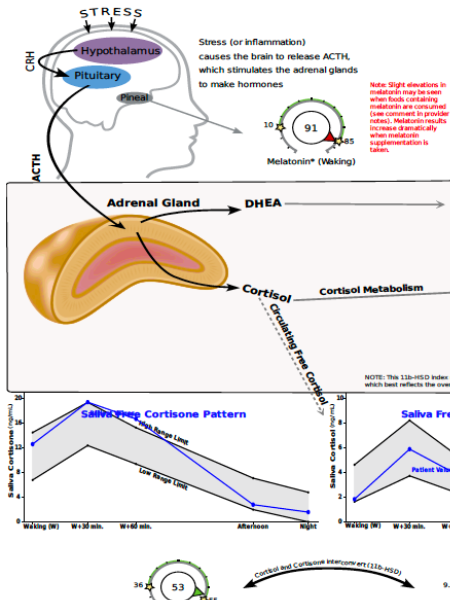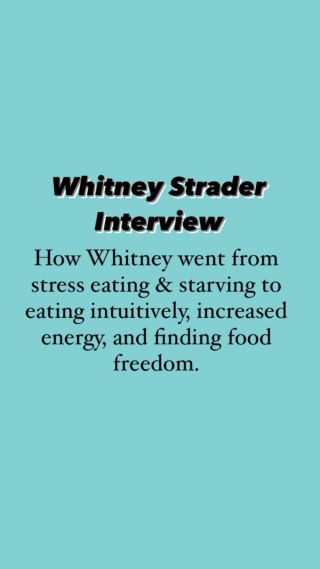
Have you ever wondered why, despite your best efforts to eat right and exercise, shedding those stubborn pounds seems like an uphill battle? Well, it might just be your hormones playing tricks on you, especially our friend cortisol – the stress hormone that can make or break your weight loss journey. Read on to unlock the secrets of cortisol and weight gain and how to lose cortisol belly fat for good.
Understanding Cortisol: More Than Just Stress
Let’s dive right in. Cortisol, often dubbed the stress hormone, is produced by your adrenal glands and plays a crucial role in your body’s response to stress. It’s not all bad, though. In fact, cortisol can feel like a lifesaver when it kicks in during a tough situation, reducing pain and inflammation. However, prolonged or excessive stress can lead to chronically elevated cortisol levels, which spell trouble for your waistline.

The Cortisol and Weight Gain Connection
Here’s the scoop: When cortisol levels are too high for too long, your body starts storing fat, especially in the abdominal area – hello, belly fat! This visceral fat isn’t just a cosmetic concern; it’s linked to a host of health issues, from cardiovascular problems to insulin resistance. So, if you’re feeling like your midsection is expanding despite your efforts, cortisol might be the culprit.
RELATED: The Real Reason You Are Working Out But Gaining Weight, Solved
Stress: The Silent Saboteur
Picture this: You’re juggling work deadlines, family responsibilities, and trying to maintain a social life – sound familiar? All this stress triggers cortisol release, and when it becomes chronic, your body struggles to recover and repair itself. This chronic stress disrupts your hormonal balance, making weight loss seem like an impossible feat.
Chronic stress and elevated cortisol can quietly sabotage your progress. Our free guide reveals the 10 Root Causes of Fat Loss Resistance—so you can finally address what’s really going on beneath the surface.
Signs Your Cortisol Might Be Out of Whack

How do you know if cortisol is wreaking havoc on your weight loss efforts? Look out for these red flags:
- Fatigue: Not the kind that disappears after a good night’s sleep, but persistent tiredness despite rest.
- Skin Issues: Acne, eczema, and rashes that seem to pop up out of nowhere.
- Digestive Problems: From bloating to irritable bowel syndrome (IBS), stress can take a toll on your gut health.
- Mood Swings: Feeling more anxious or irritable than usual? Cortisol might be to blame.
- Weight Gain Around the Middle: Stubborn belly fat that just won’t budge, no matter how many crunches you do.
The Pitfalls of Calorie Deficits
Now, let’s address the elephant in the room – calorie deficits. While reducing your calorie intake is a common strategy for weight loss, it can backfire if your cortisol levels are elevated due to the complex relationship between cortisol and weight gain. Here’s how:
- Increased Cravings: High cortisol levels can trigger cravings for sugary and fatty foods, which sabotage your calorie-cutting efforts.
- Muscle Loss: Cortisol breaks down muscle tissue to release amino acids for energy, potentially slowing down your metabolism.
- Fat Storage: Remember that visceral fat? Cortisol promotes its storage, especially around your abdomen, making weight loss even more challenging.
Balancing Cortisol for Effective Weight Loss
The good news is that you can take steps to manage cortisol levels and support your weight loss goals:
- Stress Management: Incorporate relaxation techniques like yoga, meditation, or deep breathing to lower cortisol levels.
- Sleep Hygiene: Aim for 7-9 hours of quality sleep each night to allow your body to recover from daily stressors.
- Nutrition: Focus on a balanced diet rich in whole foods, fiber, and lean proteins to support stable blood sugar levels.
- Exercise: Engage in regular physical activity, which not only burns calories but also helps reduce stress and cortisol levels.
Functional Lab Testing for Cortisol
If you suspect that cortisol imbalance is hindering your weight loss efforts, consider consulting a Health Professional who can run functional lab testing. Functional lab tests can provide valuable insights into your hormone levels and overall health, guiding personalized interventions.
As Functional Nutrition Practitioners, we do this in our 1:1 coaching program – to learn more if this is right for you, book a free call with me.
Here’s an example of mine: this test showed my picture of cortisol health and I was able to create a personal protocol from this data to help balance my stress levels.

FAQ – Cortisol and Weight Gain
How do you get rid of cortisol weight gain?
The best place to start is to run a functional hormone panel to determine your levels and what your hormones are doing. Then working with a functional nutrition practitioner can help you create a roadmap on lifestyle changes to improve your situation.
How do I reduce my cortisol levels?
If stress management techniques aren’t enough it might be time for some targeted supplements to help. You can check out my Fullscript Dispensary for my Stress Protocol
What is cortisol belly fat?
The type of fat that is linked to too much stress in the body. This type of viceral fat tends to stick around the mid section and can feel more difficult to get rid of.
What does a cortisol belly look like?
This is case by case but you can have midsection fat over your abdomen or even your back that can be linked to cortisol
How do you know if you gain weight from cortisol?
We gain weight from eating too many calories (typically from carbs and fat) but higher (or very low) cortisol levels can create symptoms that cause people to overeat. For example, if you are always tired you might reach for more food to try and get energy without even realizing it. This can lead to a calorie surplus.

Final Thoughts
So, whether you’re battling the bulge or simply curious about cortisol’s role in your health journey, stay informed and empowered. Your body will thank you for it!
Remember, weight loss isn’t just about calories in versus calories out. Hormones like cortisol play a significant role in shaping your body’s response to diet and exercise. By understanding how cortisol affects weight gain and adopting lifestyle changes to manage stress, you can tip the scales in your favor.
If you’d like to learn more about how we can support you with functional labs and getting to the root of weight loss resistance, learn more HERE.










Leave a Reply